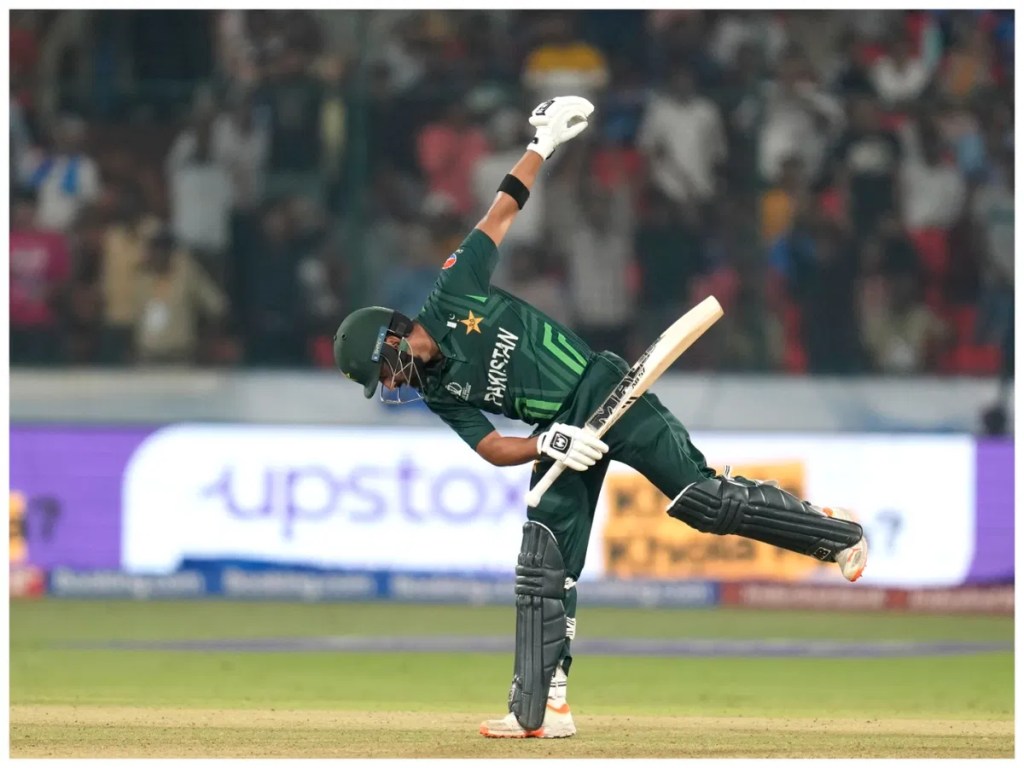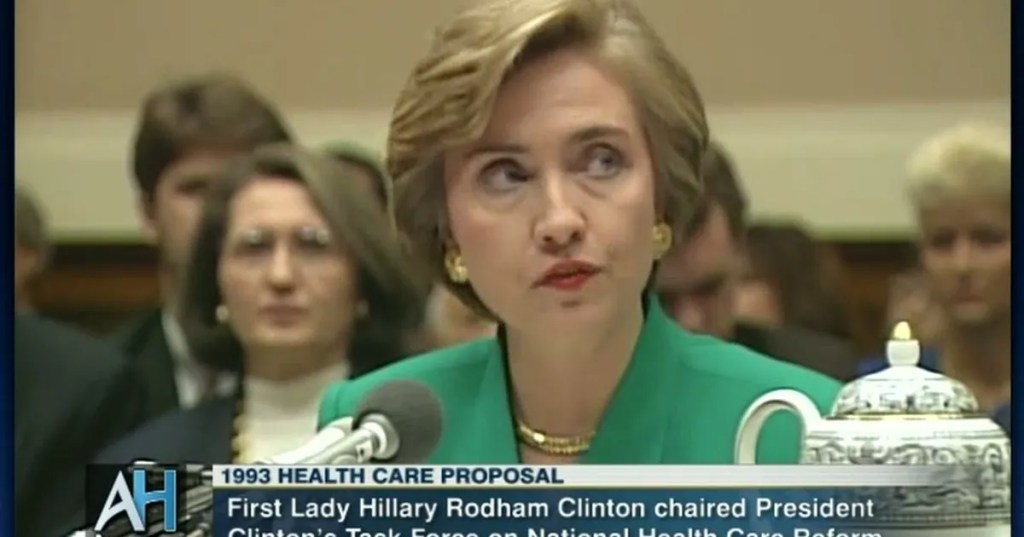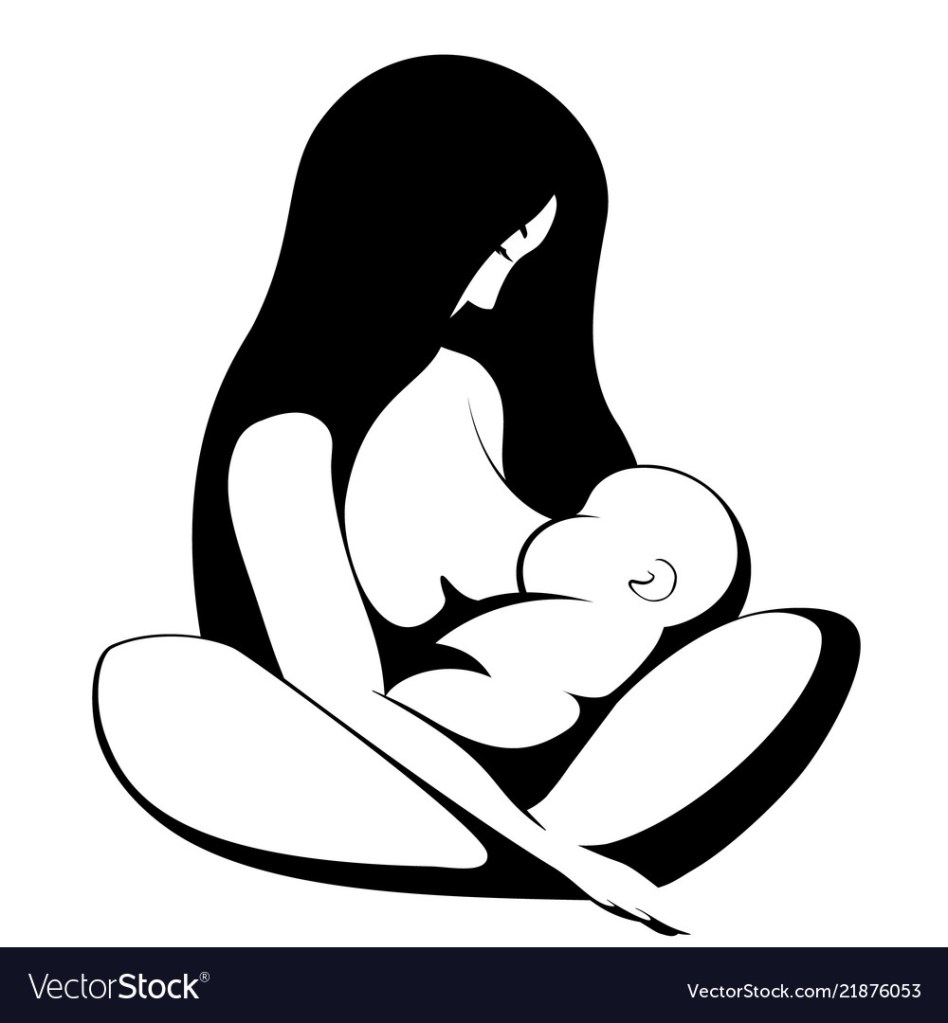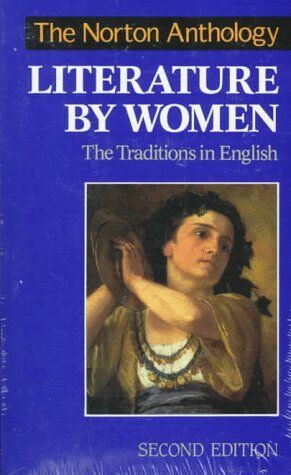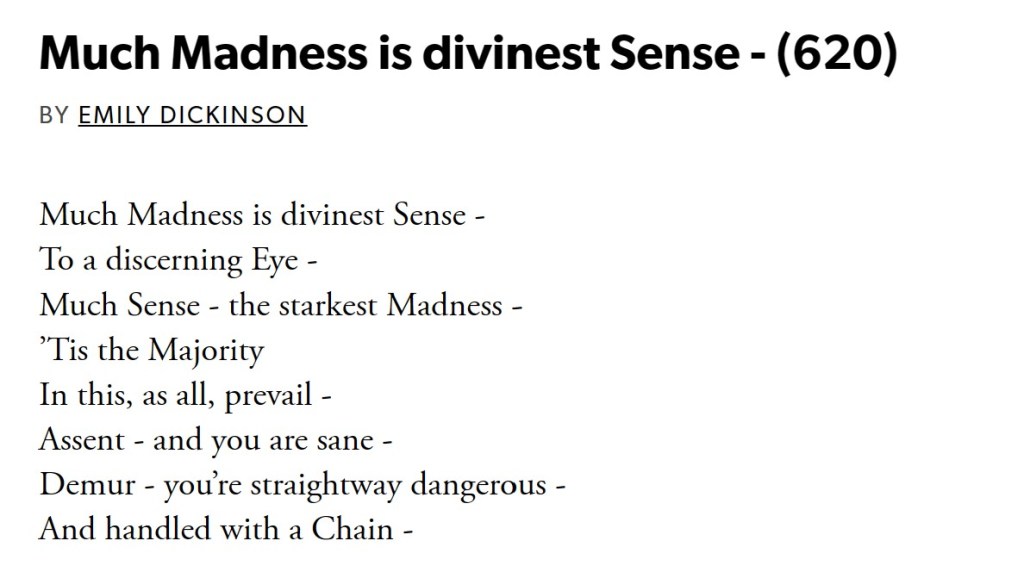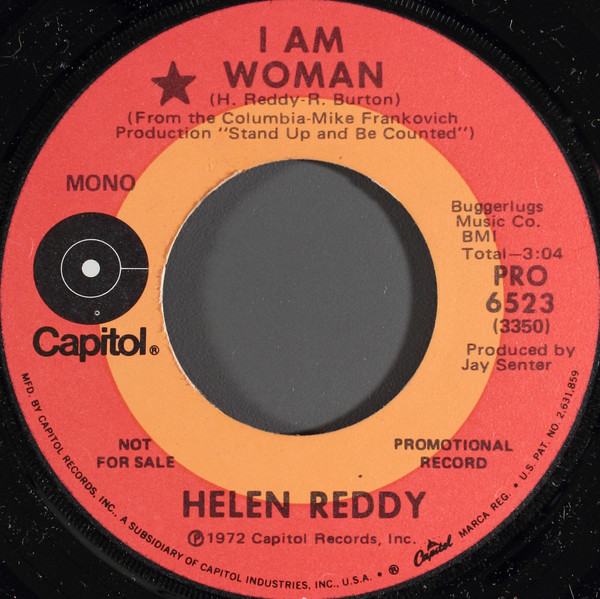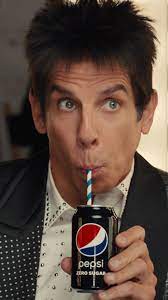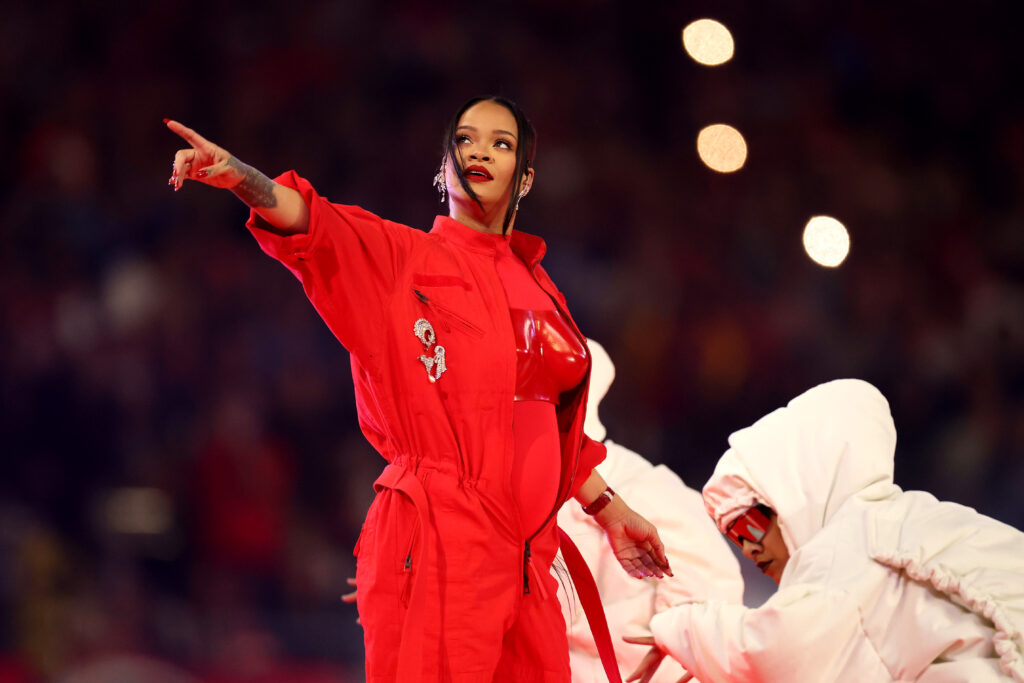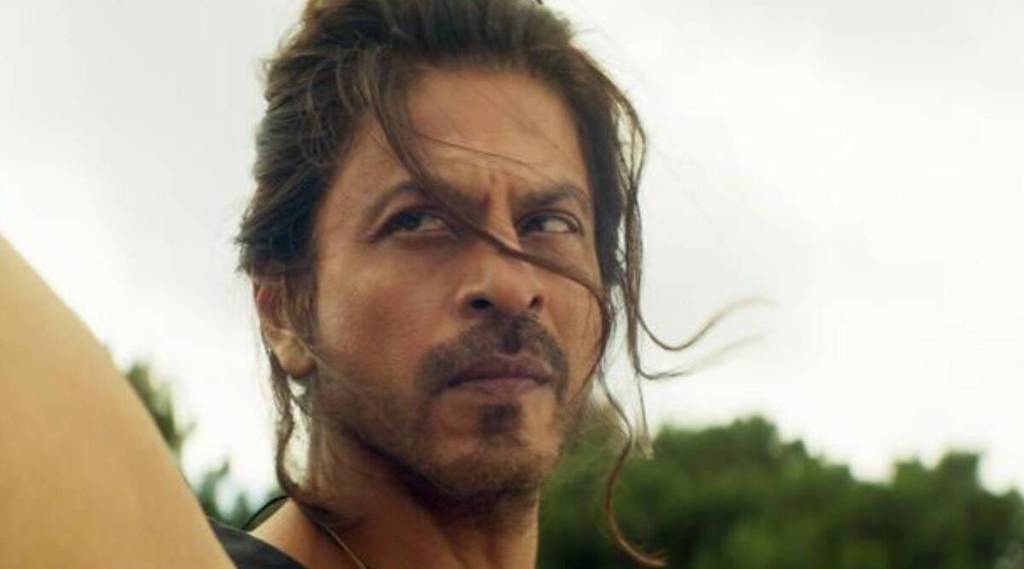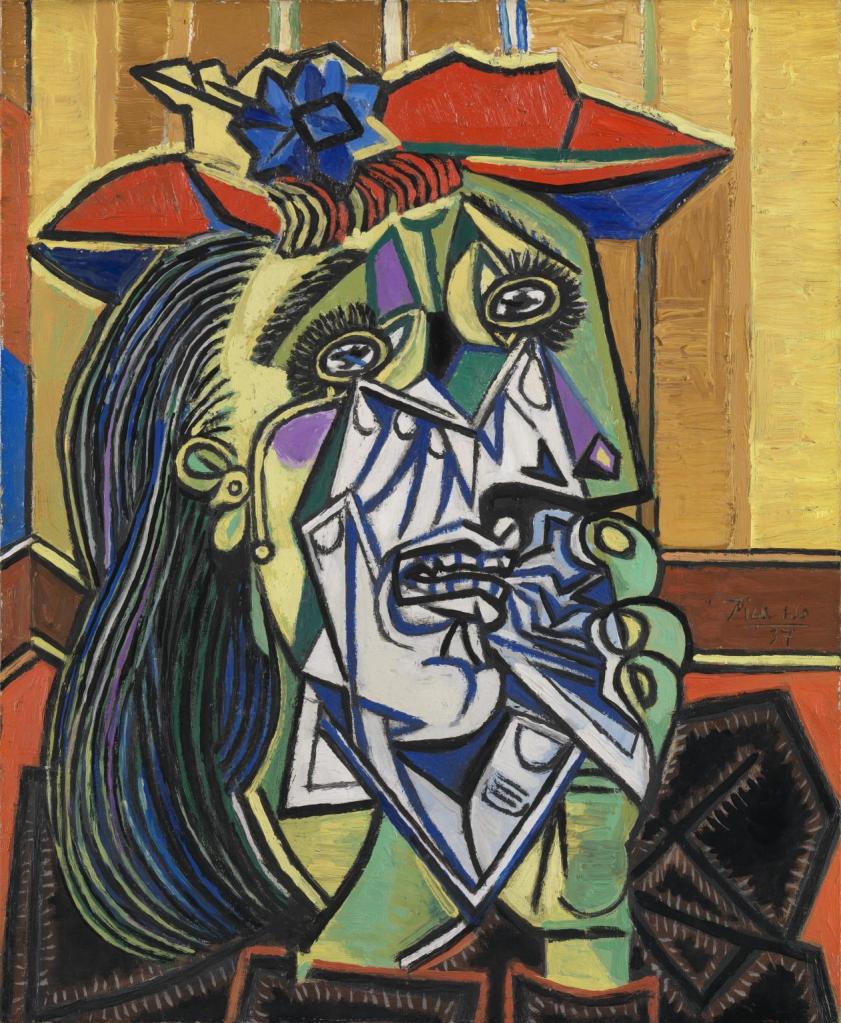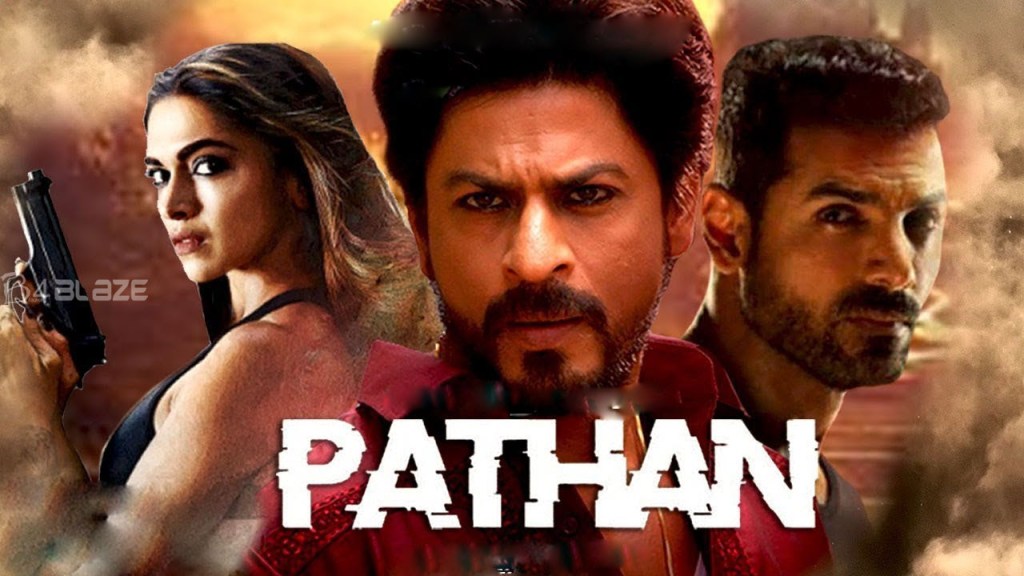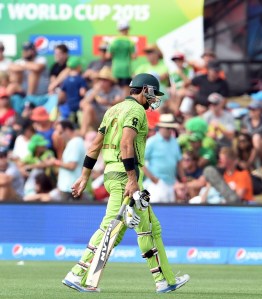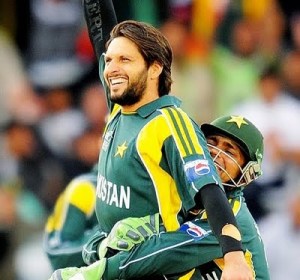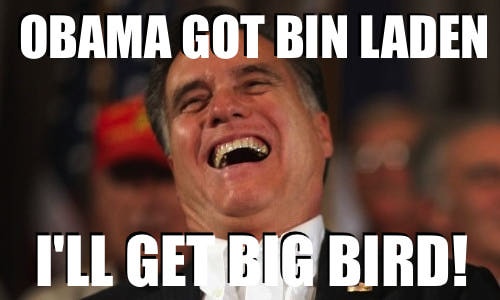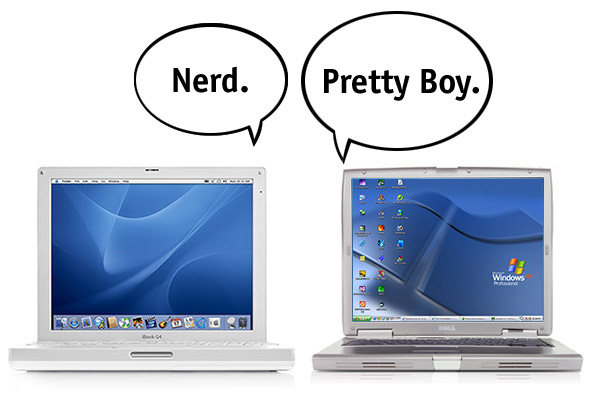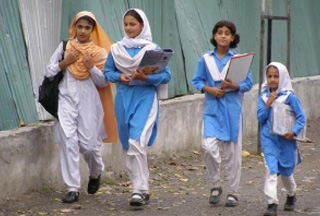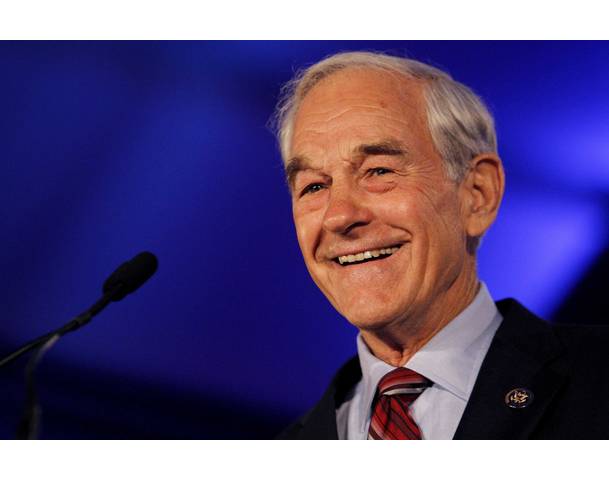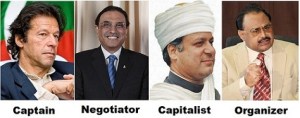
Each Candidate Brings a Unique Skill Set, Experience & Expertise
This marks the first time in Pakistan’s history a civilian government has completed its full term and will transition power to a new civilian government, Pakistani elections this Saturday are complete with hope, democratic fervor, and anticipation. Here is a guide to whose running, and what each party stands for.
The Businessman: Nawaz Sharif
Party: PML-N
• Economic Philosophy: Industry Friendly, Economically Liberal: Nawaz Sharif is a consistent proponent of “rapid industrialization” and there is little doubt he will incorporate free market principles anywhere he can. “He liberalized foreign exchange regulations and denationalized several public sector industrial enterprises and financial institutions”, including electric utilities in hopes to curtail power shortages that have crippled businesses and left Pakistani’s reeling in hot summers from lack of electricity. Sharif vows to remove these shortages, known as “load shedding” in the coming years through increased use of natural gas extracted from Baluchistan. While Socialist policies have historically been more popular in Pakistan, Sharif intends to “cut government expenditure by 30 percent in order to secure international backing for the economy” and is likely to continue his legacy as a free market capitalist.
• Foreign Policy: Flexible & Amendable: His record includes initiating peace processes with India in his first term as prime minister and is remembered for launching the Delhi Lahore Bus , with his Indian counterpart Atul Vajpayee in 1999. Sharif claims he will not be part of the War on Terror, but rarely shies from turning to the United States for assistance. During the 1998 Kargil conflict, former President Clinton writes in his autobiography that he was personally asked by Prime Minister Sharif to visit and discuss the conflict. He did however defy American calls to halt Pakistan’s nuclear program and the country faced crippling sanctions as a result. Sharif has since promised to “recalibrate Pakistan’s counterterrorism partnership with United States” , in hopes to quell widespread resentment of American handling of terrorism in Pakistan. He supports handing over Gwadar port to China and the singing of a gas supply project with Iran,citing Pakistan’s current foreign policy posture leaves them in “isolation” and such projects is a route to connecting with the world.
• Social Policy: Very Conservative: A protégé of Pakistan’s most religious conservative leader General Zia ul Haq, Sharif initiated the ghastly 15th Constitutional Amendment bill known as the Shariat bill in 1998 during his term which empowered the “prime minister to enforce what he thought was right and to prohibit what he considered wrong in Islam irrespective of what the Constitution or any judgment of the courts”. Suffice to say religious conservatism will color his social policy.
• Voter Base/Popularity: Very popular in the Punjab. Sharif has widespread support of the middle and lower class, urban population. He also commands support of the industrialist and business class, given his support of free market policies.
• Leadership Style/Personality: With a feudal background, Sharif is considered a son of the soil in the Punjab, (even though he lives a rather lavish lifestyle; be brings white tigers to his campaign rallies). He is mild mannered, conservative and has a simple, unobtrusive, way about him which helps him connect with most Pakistanis.
• Security Issues: He says drone attacks are against “national sovereignty” and will not tolerate them but does not offer specific alternatives to drone policy, or how to curtail them in the immediate future. Considered to be “soft” of militant groups, and lacking a significant record of standing up for minority groups, he has vowed to end America’s war on terror but “declines to say whether he would stop military operations against the Taliban and Al Qaeda” and has floated ideas on engagement with militant groups as workable options as opposed to “guns and bullets” . My guess is his government will initiate added dialogue with militant groups on a need to basis. Sharif is a free markets leader, and will prioritize big business before putting security atop his agenda.
• American Counterpart: Mitt Romney – Both free market businessman to their core, socially conservative and very wealthy, these men are rather similar. Sharif does not have Ivy League degrees, but seems more down to earth and connects with the general public with ease.
The Deal Maker: Asif Ali Zardari
Party: PPP
• Economic Philosophy: Centrist with Socialist Tendencies: The party has socialist roots but since the death of Zulfiqar Ali Bhutto and his debacle of nationalizing major industries in the 70’s, the PPP has taken a centrist shift. Benazir Bhutto as prime minister favored socio-economic development through fiscal and monetary expansionist policies, and under her husband Asif Zardari’s leadership, the party will continue along this route. The PPP implemented welfare projects, including income support schemes which handed cash out to rural areas, especially in Sindh. Prime Minister Zardari has repeatedly called for consensus in Pakistan on economic issues and turned a nose to repeated US calls to steer clear of Iran’s gas pipeline. The pipeline deal with Tehran is Prime Minister’s Zardari’s answer to “chronic energy shortages in the country”
• Foreign Policy: Accommodating: The party most diametrically opposed to the military in Pakistan, the PPP seeks to forge closer ties with the United States. The military having brutally executed Zulfiqar Ali Bhutto, Pakistan’s most populous leader in the 1970’s, and house arresting his daughter Benazir (who would later go on to be Prime Minister) the Zardari government is responsible for appointing Hussain Haqqani as Ambassador in D.C. Recall Hussain Haqqani’s rather embarrassing Memo Gate controversy in which the Ambassador sent a memorandum to Admiral Mike Mullen seeking the Obama Administrations assistance in an American takeover of Pakistan’s military apparatus”. THe Prime Minister has also spent much time cultivating business ties with China, including announcing their takeover of the Gwadar port as part of a “drive to secure energy and maritime routes”. And despite seeking closer ties with the United States, Zardari has gone against US requests and met with Iran’s President Mahmoud Ahmadinejad to finalize the Iran Pakistan gas pipeline.
• Social Policy: Liberal Leaning: Historically they have been very protective of minority rights, but the PPP has not been able to prevent a current upsurge in violence against Shias, Ahmedi’s and Christians. Social policy has been rooted in helping the poor through inflationary schemes; Zulfiqar Ali Bhutto’s exceedingly popular and iconic promise of “roti kapra makaan” (bread, clothing, shelter) is still a sentiment held by the PPP. Prime Minister Zardari’s government can also boast passing a “raft of women’s empowerment resolutions through the previous parliament, including laws against domestic violence and sexual harassment”, testimony to the PPP’s liberal leaning posture. And even though many party stalwarts have been sidelined by the Zardari government in the past few years, they remain mostly committed to PPP causes.
• Voter Base/Popularity: The PPP’s stronghold has always been in Sindh,. The party commands support of the rural, lower, and middle class. They also have support in the southern part of Punjab. Not enough to win the election this year, but his party consistently wins a significant number of seats.
• Leadership Style/Personality: Asif Ali Zardari is a savvy business dealer and deft negotiator. Coming from a relatively modest feudal background, Zardari grew up with a chip on his shoulder, and has been in business for himself since his teens. Beginning with selling tickets to his father’s cinema, to trading cars, selling assets, negotiating land deals, he has always created opportunities, and found success for himself. May not be as well liked as Nawaaz Sharif in Pakistan, but he is renowned to be the most loyal of friends to those who know him.
• Security Issues: Prime Minister Zardari and his party have always sought widespread civil society support before opting for military solutions. Last year, he referred to drones as counterproductive, yet on the whole, drones have increased during his regime . On terrorism, Prime Minister Zardari has worked with the military establishment on some operations, (such as negotiating peace in SWAT with the Taliban) but insists Pakistan needs the support of civil society to launch operations against militants, while simultaneously censuring the media, judiciary and other right wing parties for not being supportive enough.
• American Counterpart: Rod Blagojevich: Two left leaning party leaders jailed for corruption, they also share strikingly characteristic smiles and have suffered the brunt of many a political cartoon. Asif Zardari and Rod Blagojevich also both elicit a love hate response from people, there’s no middle ground; one either likes, or really dislikes them.
The Captain: Imran Khan
Party: PTI
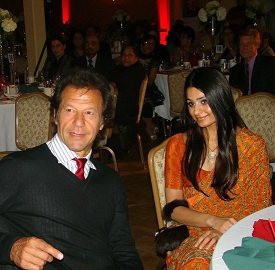
zainab jeewanjee and imran khan
• Economic Philosophy: Welfare Policies: Imran Khan says he will “end corruption in 19 days” and plans to sideline the bureaucracy to do so. All economic plans that follow are rooted in this idea. He will declare an energy emergency and claims to end load shedding in 2 years through an oversight board for energy distributers in attempt to make it an apolitical body while privatizing energy companies. He also plans to increase use of coal from Pakistan, and has made calls for an Islamic Welfare State. No word yet as to what the Islamic Welfare State would mean and how to go about implementing it, but it makes for wonderful campaigning with the people.
• Foreign Policy: Assertive: “America is destroying Pakistan”, suffice to say Imran Khan is the candidate most opposed to current US policy to Pakistan, while clarifying he is not “anti-west” . He vociferously opposes all post 9/11 Pakistani regimes from General Musharraf to Prime Minister Zardari, for cooperating in what was once known as the “war on terror”. He finds current relations, involving drone attacks in exchange for American aid more than just transactional, but a failure. Referring to it as an “American war on Pakistani soil” , Khan insists on Pakistan’s sovereignty first, and a rejection of American aid if current policies persist . And in regards to India, as a world renowned former cricketer, India may be warm to an Imran Khan regime and such popularity in the Subcontinent could be an opportunity for diplomatic headway in bilateral relations with Delhi.
• Social Policy: Conservative Reformist: Khan’s vision of an Islamic Society looks like Scandinavia; “a humane society, where there is rule of law, a society that looks after its weak, its handicapped.” Where to begin creating institutions to do this, has yet to be fleshed out. As with his energy policy, he vows to declare an emergency on education to tackle the country’s illiteracy problem, commissioning international scholar Dr. Azeem Ibrahim to come up with the plan. On minority issues, he has condemned Lashkar e Jhangvi’s killing of Shia’s yet. Overall, one may expect someone who was known for a high flying, partying lifestyle as a fashionable celebrity cricketer to be more on the liberal side of the social spectrum, but his policies for Pakistan are astonishingly conservative.
• Voter Base/Popularity: Young, rural, urban, elite, upper middle class, and educated Pakistani’s are supporting Imran Khan in this election. He also commands a significant supporting from overseas Pakistani’s, especially in the United States, where he has raised millions for this election campaign, in his cancer hospital in previous years. They say if the youth turn out to vote, the election will swing his way.
• Leadership Style/Personality: He’s the man who brought the Cricket world cup to Pakistan and will always be known as a hero who led a nation to victory. Men admire him and women love him; he’s compelling, handsome and speaking from personal experience, has a rather impressive presence. Leading PTI gradually, but steadily over the years with a straight shooting manner, he is criticized for being soft on substance. An unwavering posture against highly unpopular American policies and promise of sweeping change however, is where he finds tremendous support.
• Security Issues: If elected, Imran Khan says he will simply shoot down American drones . He will negotiate with the Taliban, explaining actual militants comprise only a small sector of Pakistani society and plans to reconstitute tribal Jirga’s to maintain peace. He want to withdraw all Pakistani troops from FATA tribal areas and applauded Prime Minister Zardari’s and the military brokered peace deal with the Taliban in SWAT 2009, which was promptly violated by the Taliban almost immediately. His plan for securing the nation from increased sectarian violence, political bombings and terrorist militancy are rooted in ending American drones and “Rambo style” mercenaries who he explains increase, rather than decrease violence.
• American Counterpart: Ron Paul: Both call for limited foreign interferences and engagements as a silver bullet to their country’s problems. They are straight shooters, unabashedly opinionated and while they don’t always have an exhaustive, full proof plans on how to pursue their relatively radical policies they both command increased followers each election cycle!
Altaf Husssain : The Organizer
Party: MQM
• Economic Philosophy: Small Scale, Private Enterprises: A party founded to establish a corruption free society, uproot the feudal system and establish a meritocracy in Pakistan’s Indian immigrants, and other minorities have a fair shot at social mobility, the party is a strong proponent of free market capitalism. They have executed several large scale development work in Pakistan’s largest city, Karachi.
• Foreign Policy: Progressive: MQM is the part that stands up most forcefully against the Taliban, historically and in this election. Sadly, they have been viciously targeted and attacked for this stance in the past weeks through bomb blasts in and around their party offices. They do not support American drones, but do support military operations against terrorist militants as needed. They call for “close, and honorable ties” with India along with a newly “independent foreign policy” .
• Social Policy: Liberal : MQM is historically secular and has always stood up strongly in support of minority rights. They have vociferously condemned every attack against minorities in Pakistan.
• Voter Base/Popularity: Altaf Hussain and MQM’s stronghold is in Karachi, among the urban, Urdu Speaking, educated middle classes. Urdu speakers are Paksitani’s who trace their roots back to India; their families migrated to Pakistan during partition, and they are disapprovingly referred to as “mohajirs” (migrants).
• Leadership Style/Personality: Altaf Hussain is a cult like figure, the single and supreme ruler of the party, he has a thunderous speaking style. With the security of knowing his party does not command enough support to rival PML-N, PPP, or PTI and other parties throughout the years, he leads loudly, and forcefully.
• Security Issues: Unwaveringly opposed to militancy and MQM supports grassroots movements to counter it. They have a stronghold in Karachi and a loyal party base in this large city couple this with Hussain’s powerful leadership (even though he lives in England) the MQM can mobilize attacks against the Taliban on a local scale.
• American Counterpart: Jimmy Hoffa. They’re both charismatic leaders who catapulted their organization to protect a minority population to the forefront of the political scene. It helps that they happen to look alike also.
May the best candidate win.

